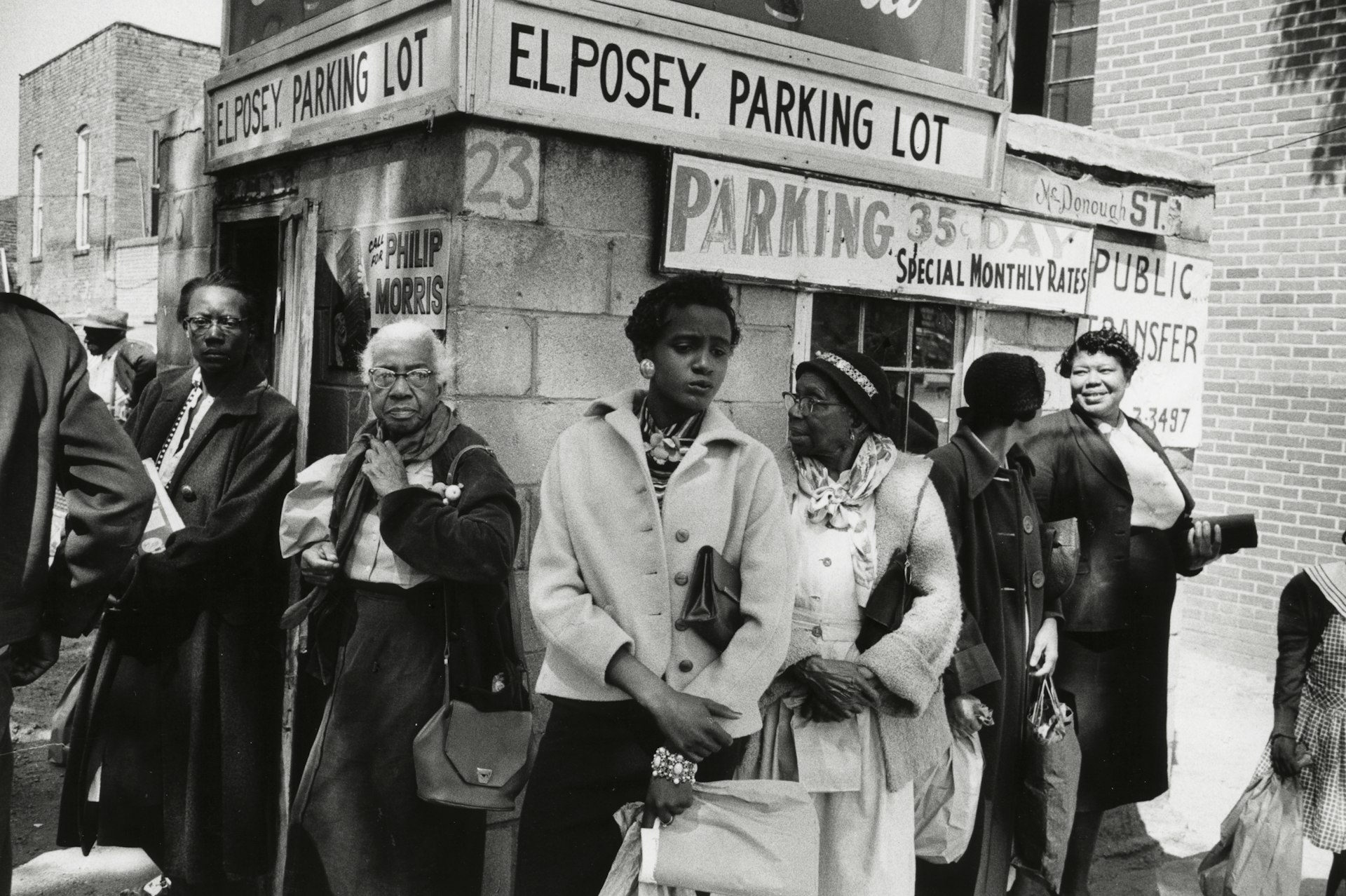Austerity is the real enemy of women – not trans people
- Text by Nicola Dinan
- Photography by Theo McInnes

A few weeks ago, the Sunday Times reported that long-delayed reform of the Gender Recognition Act (GRA) would not go ahead, despite support by a large majority of respondents to the Government’s consultation. GRA-reform would have allowed trans people to change their birth certificates by self-declaration (self-ID) as opposed to a review by a Gender Recognition Panel. The report of the rollback was accompanied by suggestions of “new lavatory guidelines”, further safeguards to protect “safe-spaces” for (cis) women, and a crackdown on “quack doctors”, echoing proposals from April to restrict care for trans kids.
The debate around trans rights has become inseparable from its price, which, it’s claimed, comes at the cost of cis women and children. The conversation often focuses on how to “balance” the rights between these competing parties. But I don’t think our Government, which is led by the same party that oversaw austerity, minds too much. After all, a balancing of rights dissolves solidarity and distracts from the real issue: insufficient funding.
Rising tensions over women-only domestic violence refuges embody this, particularly in the context of GRA-reform. Answers to the question of whether trans women belong in women-only refuges have grown into a blaring cacophony. This is despite research showing that refuges consider that their procedures would protect against men abusing GRA-reform to access vulnerable women. So loud is the noise that you may even forget that these services are in a funding crisis.
According to Women’s Aid, 64 per cent of referrals are declined, the main reason being a lack of space or capacity. Trans women are not to blame for this. However, in a climate where women – cis and trans – are turned away, it is easier to scapegoat trans women than to ask the harder question: why does a refuge have to turn any woman away, cis or trans?

It is therefore no surprise that the Government will likely placate trans-exclusionary groups with bureaucratic solutions – “guidelines” and rolling back GRA-reform – rather than a commitment to funding. This should not satisfy anyone. It is a far less meaningful outcome than entrusting domestic violence refuges with more resources, which would allow them to enforce their own tested procedures safely, manage concerns around GRA reform, and continue to provide refuge to vulnerable trans people. More resources also mean more beds for people who aren’t trans, as well as more prevention and therapeutic services work – the alternative often being a pipeline to a prison cell.
This chronic underfunding has also spread to our NHS. Whilst NHS England has increased the budget assigned to children’s and adults’ gender identity services, this is nowhere near in line with the increase in demand for these services. This is reflected in waiting times. Currently, the Tavistock and Portman Trust are booking appointments for adults who have waited an average of 33-36 months, and children who have waited an average of 22-26 months for their first appointment.
The Sunday Times report suggested that treatment for trans people would require “greater sign-off”. If this meant more therapy and support and less waiting, then I am sure many would be in favour. However, there has been little mention of substantially increasing funding commitments. This means that adding further layers of approval will cause a static pool of resources to vest in fewer people. Enforcing “greater sign-off” will therefore harm adults and children who genuinely need to transition, as well as those for whom transition is not the right path. 

Problems will also not go away in a three-year-long queue. Firstly, studies on desistance overestimate teens with gender dysphoria who “grow out of it”, and it is difficult to imagine that complex issues which make someone wrongly think they are trans will work themselves out on their own. It is also worth noting that fewer than half of the under-18s referred to the Gender Identity Development Service, a provider of trans healthcare, go on to have any physical treatments anyway.
A dearth of compassion for trans people makes it easier to pit them against cis women and children. It also trivialises their needs: when a section of the public assumes that all a trans person needs to thrive is new clothes and a deed poll, anything more becomes a trespass on public decency. Trans people need much more. Trans women, for example, do not want to enter domestic violence refuges for validation, but because they are often victims of domestic violence too (at twice the rate of cis women).
In 2017, Angela Davis was interviewed at the Women of the World Festival in Southbank. She questioned, “who’s going to be in a position to penetrate the glass ceiling if not those who are already on top?” Quoting her friend Michael Bennett, she directed focus toward women “for whom the floor underneath them is constantly collapsing”. The metaphor has stuck with me.
I question what it says about a Government’s policies, and a person’s politics, when “protecting” women and children takes the form of symbolic gestures which continue to leave the vulnerable on the floor. I also question the integrity of these gestures when they are the fruit of an increasingly hostile climate toward trans people. I question, finally: is this what dismantling the patriarchy is supposed to look like?
Follow Nicola Dinan on Twitter.
Enjoyed this article? Like Huck on Facebook or follow us on Twitter.
Latest on Huck

In the ’60s and ’70s, Greenwich Village was the musical heart of New York
Talkin’ Greenwich Village — Author David Browne’s new book takes readers into the neighbourhood’s creative heyday, where a generation of artists and poets including Bob Dylan, Billie Holliday and Dave Van Ronk cut their teeth.
Written by: Cyna Mirzai

How Labour Activism changed the landscape of post-war USA
American Job — A new exhibition revisits over 70 years of working class solidarity and struggle, its radical legacy, and the central role of photography throughout.
Written by: Miss Rosen

Analogue Appreciation: Emma-Jean Thackray
Weirdo — In an ever more digital, online world, we ask our favourite artists about their most cherished pieces of physical culture. Today, multi-instrumentalist and Brownswood affiliate Emma-Jean Thackray.
Written by: Emma-Jean Thackray

Meet the shop cats of Hong Kong’s Sheung Wan district
Feline good — Traditionally adopted to keep away rats from expensive produce, the feline guardians have become part of the central neighbourhood’s fabric. Erica’s online series captures the local celebrities.
Written by: Isaac Muk

How trans rights activism and sex workers’ solidarity emerged in the ’70s and ’80s
Shoulder to Shoulder — In this extract from writer Jake Hall’s new book, which deep dives into the history of queer activism and coalition, they explore how anti-TERF and anti-SWERF campaigning developed from the same cloth.
Written by: Jake Hall

A behind the scenes look at the atomic wedgie community
Stretched out — Benjamin Fredrickson’s new project and photobook ‘Wedgies’ queers a time-old bullying act by exploring its erotic, extreme potential.
Written by: Isaac Muk